Tyler Perry Says A White Man Told Him That Black People Who Go To Church Don’t Go To The Movies
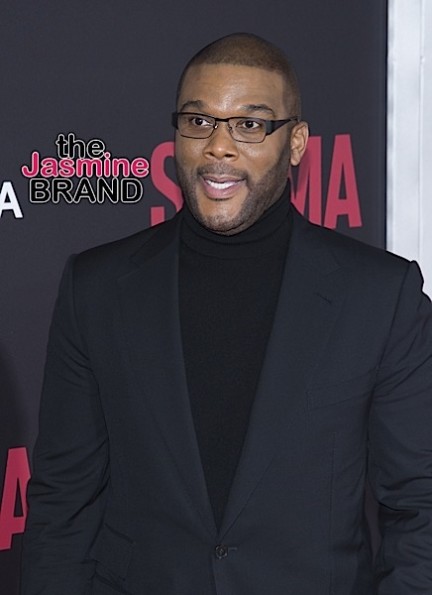
Tyler Perry
Tyler Perry Says A White Man Told Him That Black People Who Go To Church Don’t Go To The Movies
Tyler Perry has become a household name based off the character he created named Madea. Since 2001, viewers have fallen in with the the 60-something-year–old grandmother who brings a raw, nurturing, and comedic presence to the stage, but like every good thing, it must come to an end. Perry announced he would be moving on from the character in November 2018 and would be sending Mabel Simmons off with a farewell play and movie.
With 10 years passing, Perry has gone on to develop more movies under his name, star in other films like “Alex Cross,” “Gone Girl,” and “Vice,” develop multiple series for Oprah Winfrey’s network OWN, and open the doors to his studio in Atlanta. In a new interview, Perry reflects on what he’s done over the years, speaking with General Colin Powell, and why he believes Madea was meant to be. See the excerpts below.
How the Madea character got started:
It was an actress with a hit song on the radio, and she didn’t show up. I was playing Madea, who was only supposed to be on stage for two minutes, but I ended up incorporating the lines from the other character and being on stage for the whole time. To look at it from there to here, I really fell into it. This was meant to be.
Why he no longer wants to play Madea:
I just don’t want to be her age, playing her. I’m turning 50 and I just want to do different things.
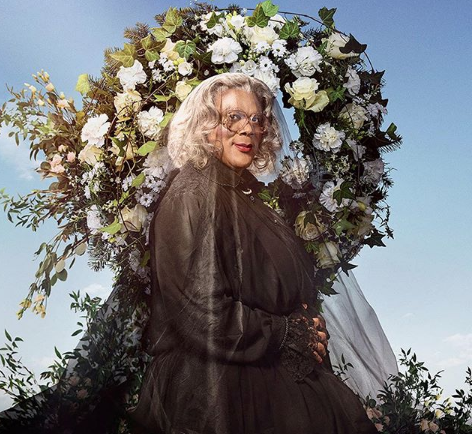
What he thinks about his roles in “Vice” and “Gone Girl:”
I had so much fun, I’m going to be looking at more roles like that.
About playing Colin Powell in “Vice:”
The first thing I did was call him because there are very few living African-American heroes and he’s one, and I wanted to be sure this would honor him. He was so gracious on the phone. He sent me his book, I sent him mine, he texts me now and then.
Why he believes his first play wasn’t as successful until six years after its original premiere date:
I think, spiritually, I’d gotten to a better place in my life. It was about adult survivors of child abuse who have forgiven their abusers and I hadn’t forgiven my father. Once I forgave him, the show took off. My hand to God. It went from being nobody in the audience to selling out. So when people asked what changed? I became in truth about it.
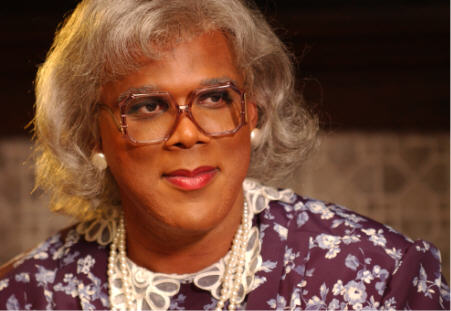
Perry talks about his experience when he was trying to get “Diary of a Mad Black Woman” movie off the ground:
And every time they said, ‘Nope, we don’t want this. This is the one that got me: a white man at one of the big studios sat behind his desk and said to me, ‘Black people who go to church don’t go to movies, so this will never work.’ That was a moment for me. Because I’m seeing thousands of people all over the country come out for these shows.
What he’s learned about critics:
Let me tell you what happened in this very theater. I had two critics who sat in the exact same row and watched ‘Madea Goes to Jail.’ They both saw the same play, they both gave very different reviews. One talked about how amazing and wonderful it was, the other said it was the worst thing he had ever seen. This is people’s opinion and there are people who listen to people’s opinion, and they’re valid and valuable opinions. But to me, when I happen to stumble upon one, I look for: what is the truth in this? And what they don’t get. You saw the audience, you see the engagement and the reaction. I have a shorthand and communication with them. So if a critic says ‘why is this-and-this-and-this-and-this happening, he doesn’t understand the people I’m targeting.
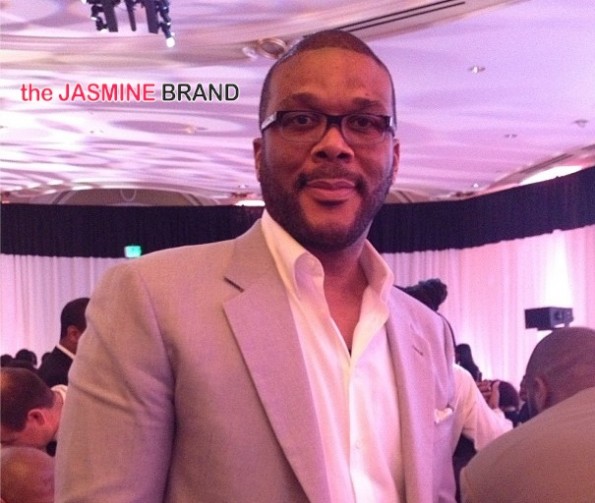
Tyler Perry
Why he decided to create his own lane with Tyler Perry studios:
While people were fighting for a seat at the table here and Oscars So White was happening, I never got into it, even though everyone asked me to comment. Because I was in Atlanta building my studio, I was building my own table. It’s so important to me that we understand that is how things change. People who are not getting their due need to be in the positions of power, from women to people of color. That’s what I was doing in Atlanta, building that sense of power for myself so that I can hire more people of color, hire more women, and open the door to diversity.
See the trailer to Tyler Perry’s A Madea Family Funeral below.


 Previous Article
Previous Article Next Article
Next Article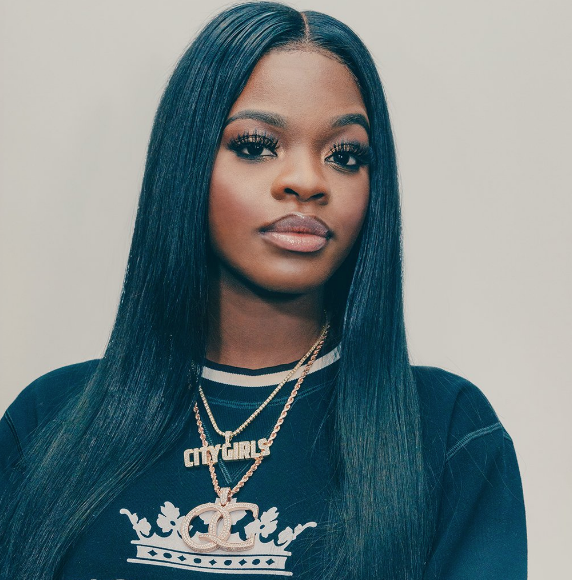 JT of City Girls Speaks Out From Prison
JT of City Girls Speaks Out From Prison 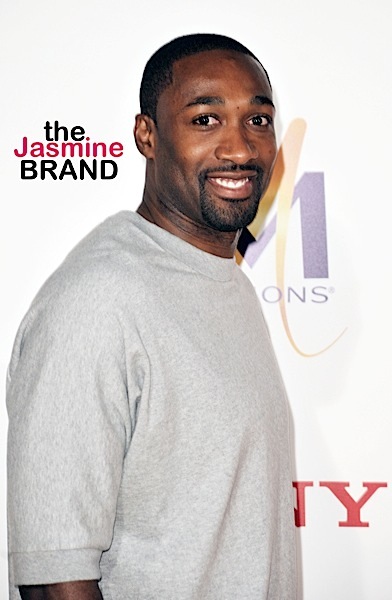 Gilbert Arenas Jokes About Flint Water Crisis: Keep that sourpuss away from my DM!
Gilbert Arenas Jokes About Flint Water Crisis: Keep that sourpuss away from my DM! ![[VIDEO] Pharrell Brings Famous Hat & Talent to SNL](https://thejasminebrand.com/wp-content/uploads/2014/04/Screen-shot-2014-04-06-at-10.10.47-AM.png) [VIDEO] Pharrell Brings Famous Hat & Talent to SNL
[VIDEO] Pharrell Brings Famous Hat & Talent to SNL 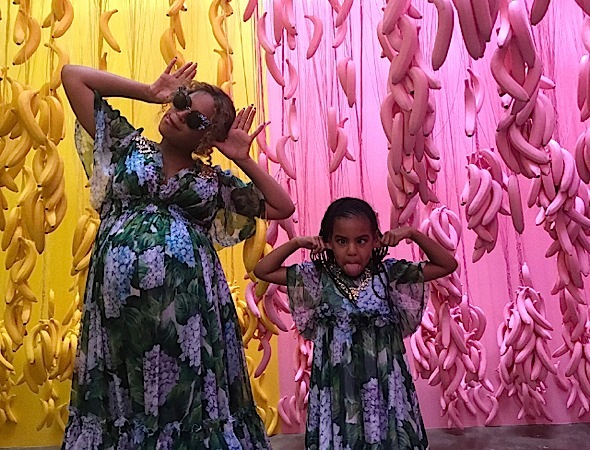 Beyonce, Jay Z & Blue Ivy Attend ‘Museum of Ice Cream’
Beyonce, Jay Z & Blue Ivy Attend ‘Museum of Ice Cream’ 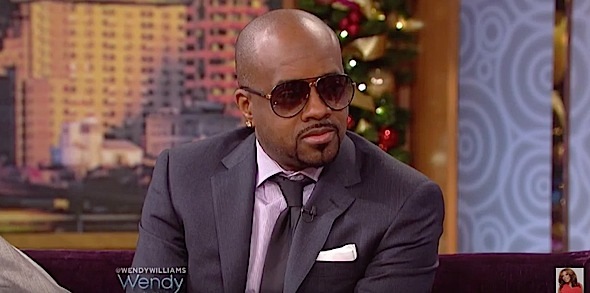 Jermaine Dupri (Sorta) Admits To Proposing To Ex-Girlfriend Janet Jackson
Jermaine Dupri (Sorta) Admits To Proposing To Ex-Girlfriend Janet Jackson  Lana Del Ray Tells Azealia Banks: I Will F**k You Up, You Know My Address!
Lana Del Ray Tells Azealia Banks: I Will F**k You Up, You Know My Address! ![Carmelo Anthony’s Pregnant Side Chick Is NOT A Stripper, Lala Moved Out Months Ago [Ovary Hustlin’]](https://thejasminebrand.com/wp-content/uploads/2017/04/Screen-Shot-2017-04-19-at-10.12.47-AM.png) Carmelo Anthony’s Pregnant Side Chick Is NOT A Stripper, Lala Moved Out Months Ago [Ovary Hustlin’]
Carmelo Anthony’s Pregnant Side Chick Is NOT A Stripper, Lala Moved Out Months Ago [Ovary Hustlin’] 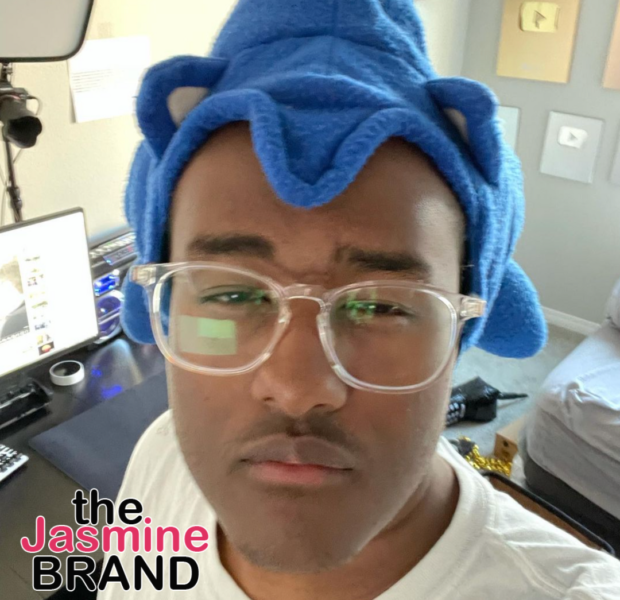 YouTube Star Twomad Dead At 23, Police Reportedly Found Drug Paraphernalia As They Performed Welfare Check At His Los Angeles Home
YouTube Star Twomad Dead At 23, Police Reportedly Found Drug Paraphernalia As They Performed Welfare Check At His Los Angeles Home